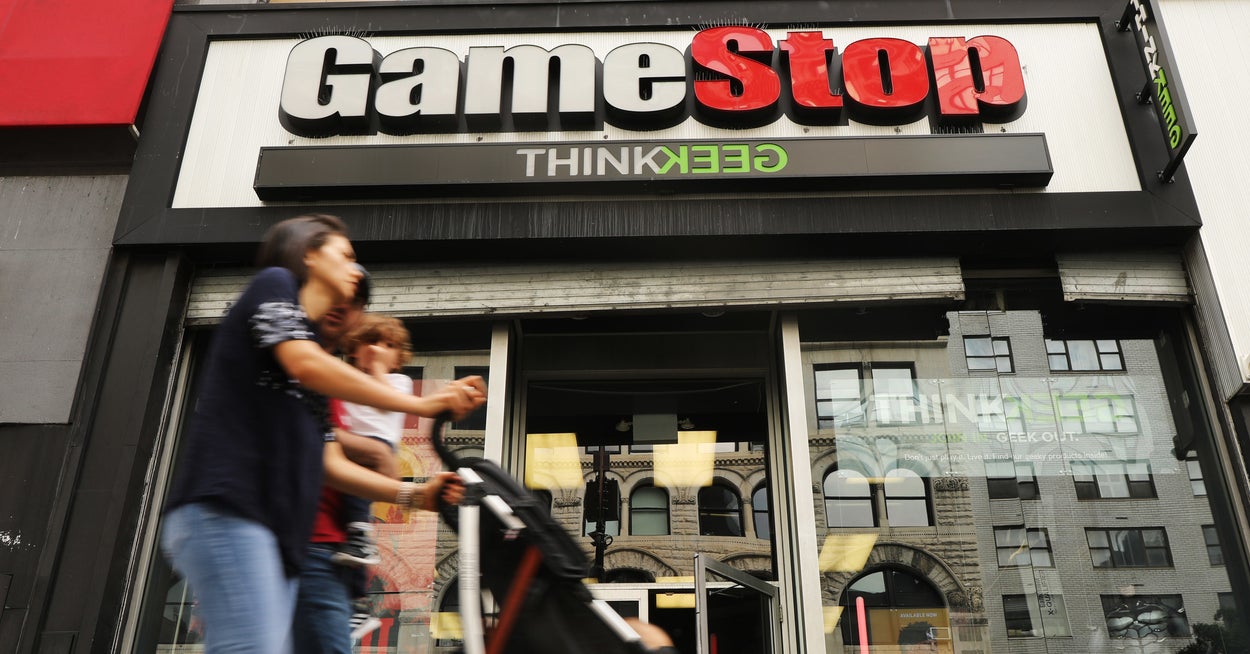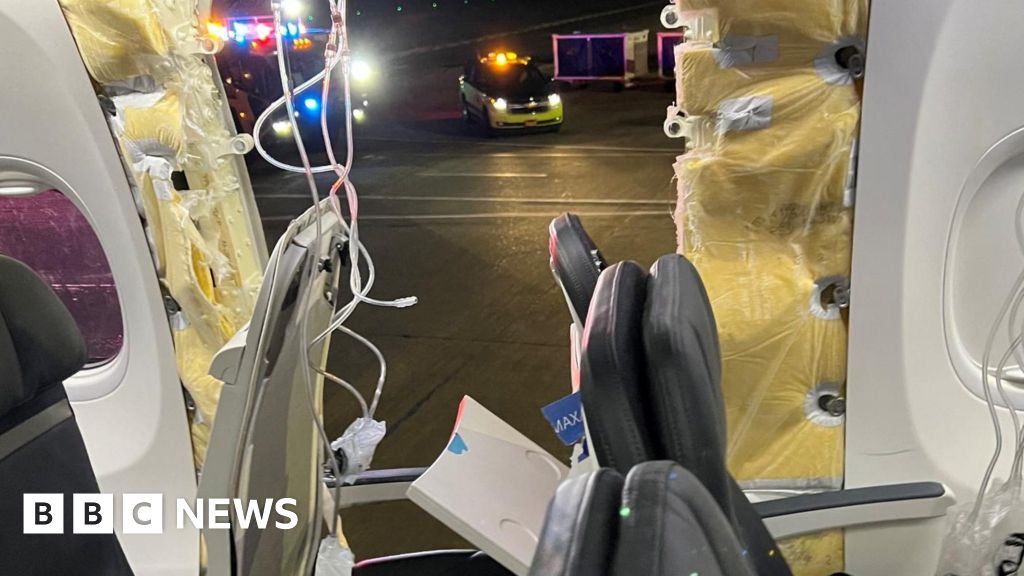Boeing loses $13B in value as shares sink after feds ground best-selling 737 MAX jets

Boeing shares fell 8% on Monday and erased nearly $13 billion in market value following the temporary grounding of some of its best-selling 737 MAX jets by the US aviation regulator.
A piece of fuselage tore off an Alaska Airlines 737 MAX 9 jet on Friday following takeoff from Portland, Ore., forcing pilots to turn back.
The Federal Aviation Administration subsequently ordered the temporary grounding of 171 narrowbody MAX 9 jets.
Alaska Air’s shares were down marginally, while United Airlines, the other US carrier that operates the jet, closed up 2.8%
Spirit AeroSystems, which manufactured and initially installed the fuselage part on the brand new MAX 9 jet in question, closed down 11%, deepening the gloom around the supplier recently recovering from a string of quality problems. Aerospace supplier Honeywell lost 0.4%.
Wall Street analysts viewed the accident as a temporary setback to Boeing, but some took a dim view of a series of quality problems related to the 737 MAX family of aircraft.
“It highlights a history of quality escape problems, particularly at Spirit AeroSystems. Quality escapes are not acceptable in an industry in which single failures can have serious consequences,” Bernstein analysts said.
Boeing-rival Airbus’ shares were up 2.5% on Monday.
The European planemaker has expanded its market share since two Boeing MAX crashes in 2018 and 2019 that killed nearly 350 people and led to the MAX’s worldwide grounding for 20 months.
Airbus will announce that it delivered 735 planes last year, beating Boeing to remain the world’s largest planemaker for the fifth year in a row, industry sources said.
Reuters last week reported that the number would reach the mid-730s, beating the company’s target of 720.
Manufacturing or design issue?
Some analysts said the problem appeared to be a one-off manufacturing issue, rather than a design issue that is more costly to fix.
They also noted the number of aircraft affected was small.
“The earlier generation 737-900ER had the same approach to the door and there have been no incidents on millions of flights,” Bernstein added.
Boeing has delivered 214 of the 737 MAX 9 jets, or 16% of the more than 1,300 MAX aircraft in service, most of which can still fly, including 737 MAX 9 jets with ordinary doors instead of the replacement panels.
“A serial manufacturing issue could require a design or manufacturing change for Boeing or the responsible supplier, but we would not expect an outsized cost,” Melius Research analyst Robert Spingarn said.
However, investors will be keenly watching out for more steps from the FAA and other regulators, particularly China, where Chinese airlines recently resumed operating all 737 MAXs following a grounding by the country’s regulator.
On possible airline-compensation costs arising from Friday’s accident, Citi analyst Jason Gursky estimated a daily cost of $2.3 million to Boeing, using RTX’s recent engine issues as a template for calculation.
Boeing’s US-listed shares had risen 37% in 2023.







